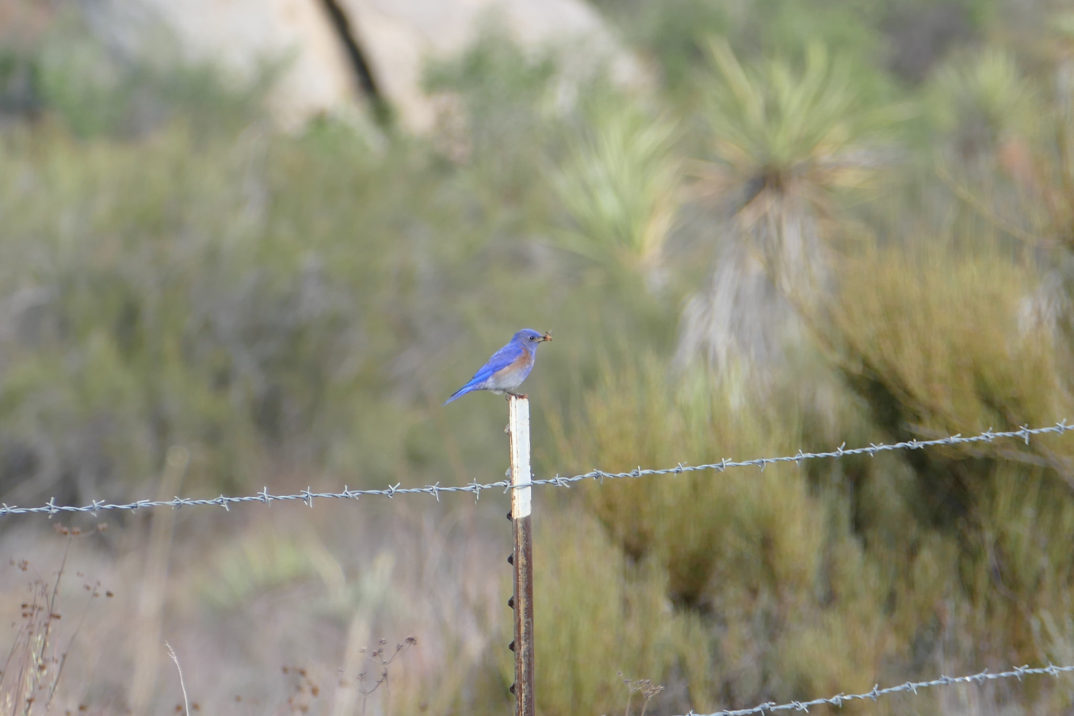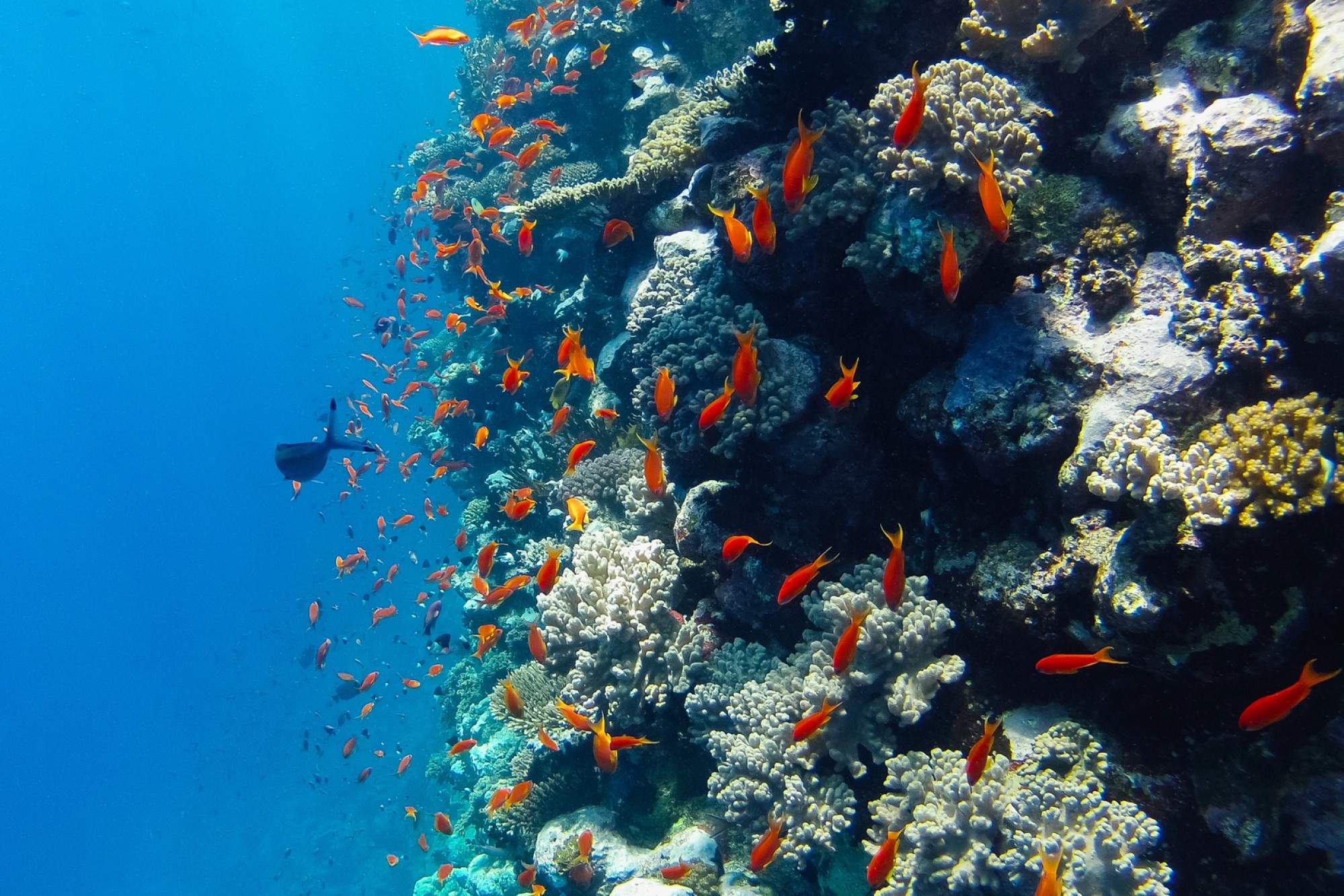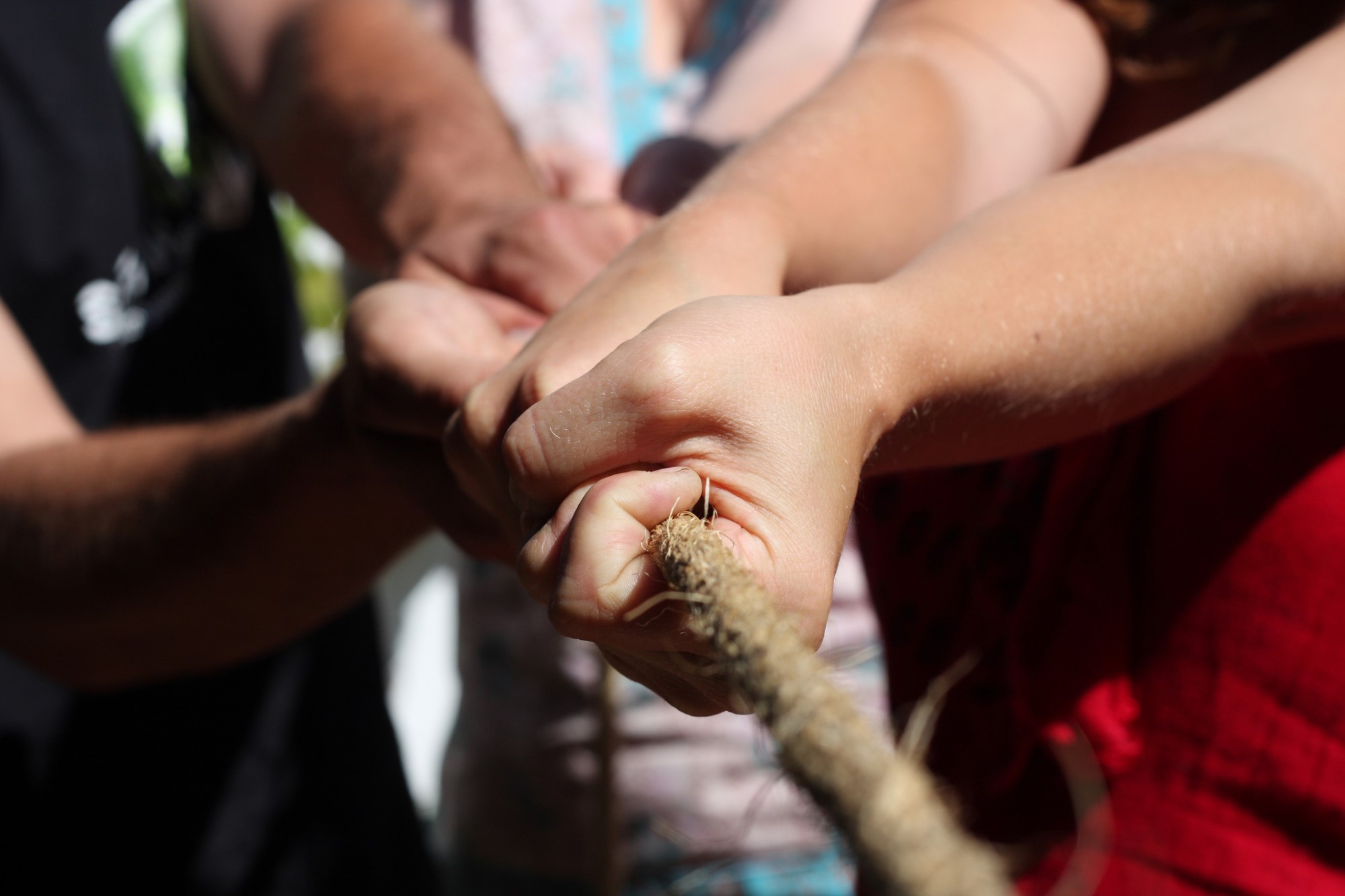Insecticidal Tendencies: Insects as Candidates for Ecological Ethics
Our world is vanishing in ways we do not always see or have pressing interest in, let alone regard as having moral or ethical consequence. Two recent studies in France have reported “catastrophic” declines in bird populations in the French countryside, with a total of one third of birds disappearing over the past 17 years and some species seeing declines of 50-90 percent. The culprit, according to researchers, is the large-scale use of pesticides in a once idyllic part of the world now dominated by industrial agriculture and monocultural farming practices (the growing of only one type of crop). We continue to be faced with the image of “silence” Rachel Carson provided us, in her seminal work on the ecological effects of chemical pesticides, in which “spring now comes unheralded by the return of the birds.” While the “indirect” harms that pesticides have on other creatures requires complex analysis, one effect of indiscriminate use is the large-scale destruction of avian food sources, forcing their starvation or migration elsewhere. Germany and France, another study in 2015 found as part of a larger European trend, have lost 80 percent of their flying-insect biomass over the past 30 years. The lesson is, or should be, that causality in nature does not stop where we want it to.
The loss of birds is only one phenomenon in our unfolding anthroposcenic reality, and the threatening “silence” of our future will likely be deeper than the absence of chirping. Species of bees have now entered endangered species lists for the first time, and studies continue to reinforce the human and chemical effects on their steady and sometimes dramatic declines in population. All of this while the Trump administration, as part of its ongoing scorched earth project regarding Obama-era regulations, has recently lifted restrictions on pesticides directly linked to bee declines. This is not simply an issue for birdwatchers or those who prefer honey in their coffee. The pivotal problem we must face is whether we are capable of recognizing that our existence on any scale requires more than human endeavor — whether it is the bee that pollinates the flora of our world or the worms that enrich the soil from which we grow our livelihood. Faced with the loss of the biodiversity that sustains that world in which we both depend and vacation, to what extent should we consider the ethical obligations we have toward insects? Can the insect itself be a recipient of ethical consideration? If this seems impossible given our current cast of concepts, should our ethics, so often restricted to humanistic interaction, finally become ecological in scope?
Evoking the plight of insects in the West will likely bring shrugs of indifference or looks of confusion, at least outside of the entomological circles dedicated to studying them and their diverse place in the ecosystem. After all, entomophobias (and those related to other species associated by their small, slithering, or creeping qualities) often top the lists of phobias. Throughout history, the insect remains caught in a certain set of negative values: the pest, the dangerous, the invasive, the disease-carrying, the unknown. Despite the growing movement against the agricultural use of insecticides since Carson’s Silent Spring in 1962, few of the environmental complaints that dominate popular attention concern the insect itself. Rather, they largely concern the exposure of humans to pesticides, their chemical remnants on produce, or their pollution of groundwater. Regarding the world of the insect, our culture remains relatively silent, embracing a “banal” combination of extermination and out-of-sight, out-of-mind. Whether this extermination occurs in the private smashing of a spider in the bedroom or in more systematic applications in the city and the farmland, perhaps it is simply a matter of scale.
Insecticides are certainly only one factor in a complex network of ecological causes, including changes to habitats and climates. Nonetheless, it is worth considering the economic and cultural logic that subtends their widespread use (the end of DDT as an insecticide was, in the end, simply a corporate product change). Since their introduction in the late 19th century, and evolved most directly from a war economy, chemical pesticides have been heralded in terms of their utility and efficiency. There is a certain economic logic to this, at least if we restrict “logic” to quantifiable production output. Studies often note that the use of pesticides increases the profits of agricultural production upwards of four-fold, and that not using them may reduce crop yield by 10%. From a consumer’s perspective, the logic is simple: pesticides make it (a) more lucrative to grow more total food because they (b) prevent crop damage by insects, thus ensuring that the fruit we buy at the grocery store will be (a) cheaper and (b) more desirable to consume. The alternative we are faced with, so the agrochemical story goes, is that without pesticides we will face the cost-ineffectiveness to produce food (farmers will be out of work), reduced supply of the food we need (we won’t always see the type of apple we want on the shelves), and reduced quality of consumption (more deformed tomatoes). We are asked to envision a world where consumerism as we know it would be impossible without the extermination of life or the reduction of biodiversity. We want the “natural,” of course, without too much “nature” in it.
Philosophically, it is necessary to ask whether the “usefulness” of a practice (a certain way of farming, a scale of producing, a way of eating) can be sufficient for it to also be ethical, prescriptive, and permissible. The very idea of “utility” on its own does not give us any content to guide our decision. It merely tells us that for the sake of a certain way of living, for a certain set of values we want to accomplish, we should pursue the most efficient and knowledgeable course of action to reach that goal. There is no usefulness without a certain goal or conception of life we want. And for the history of both human life and ethical philosophy, that goal has been and remains to be the human, whether the human is considered as part of a larger human community or as an individual that is valuable in itself. Our obligations, we often insist, are to those beings with whom we are alike, who can communicate through language, who can be reciprocally held responsible for their own actions, or who can minimally feel pain like our own (in the case of laws that prohibit cruelty to certain animals). Ethical obligations, in short, need to have the quality of social and legal contracts. With the exception of endangered butterflies in Ontario, Canada, there are no laws in North American protecting insects populations.
If the insect does not resemble us enough to warrant sympathy, perhaps our ethics can see the intersection of their worldly labor with our own. One third of agriculture production depends on pollinators like the honey bee, and between 75-90 percent of all flowering plants require pollinators in some way for healthy reproduction. To envisage something like human agriculture abstracted from this fact is to falsify the context of human action. Our persistent cultural indifference to them is inevitably challenged by the realities increasingly making themselves heard — in the bee kingdom amongst others. Furthermore, what this logic fails to consider – or rather, ideologically obscures – is that the “efficient” way we produce is itself absurdly ineffective from an ecological and humanist perspective. It is estimated that upwards of 50 percent of food produced in the United States is wasted from massive dumps of “inaesthetic” (ugly) products in the course from agriculture sites to the supermarket. This is, of course, while still over 12 percent of U.S. households face food insecurity. We need to take seriously how international food production could be organized differently, toward different goals and objectives for equitable distribution. Our position in the world now is one where our desired way of life is contributing to its impending impossibility altogether.
One effect of climate change, and the looming threat of climate catastrophe for human populations, is that perhaps human civilization has finally begun to recognize itself as but one part of the natural world, and as a potentially endangered one. Perhaps the threat of our own extinction finally provides an adequate ground of similitude with the non-human world we have silently exploited from the beginning. In this sense, Michel Serres proposes that we must “add to the exclusively social contract a natural contract of symbiosis and reciprocity in which our relationship to things would set aside mastery and possession in favor of admiring attention, reciprocity, contemplation, and respect” (The Natural Contract, 38). It would be an “armistice contract in the objective war” where we cease to be the “parasite” that “condemns to death the one he pillages and inhabits, not realizing that in the long run he’s condemning himself to death too.”
The insect, that thing we destroy in our homes rather than even relocate, is a good candidate for this. As our ethical concerns become global and ecological, do those beings which we often regard with indifference or disgust, as “pests” and “vermin,” not have the potential to be seen and treated differently? Does our disdain for them not also involve a disrespect of the world that we require — or, as Serres claims, the world we have long “abhorred”? As the world beneath our feet changes beyond our own control, we should finally expand the concepts and participants of our ethics to meet it at that limit.





